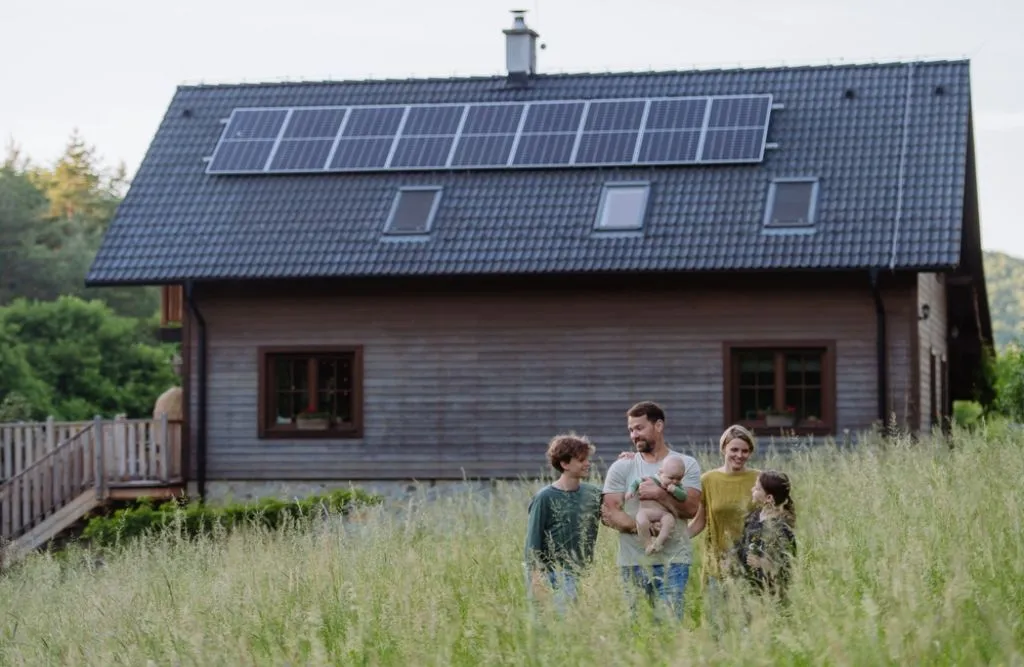Did you know Illinois has been gradually turning into solar energy and experienced an astonishing 22% surge in solar energy capacity between 2017 and 2020? This heightened interest in solar power comes as no surprise when considering its financial and ecological advantages. If you reside in this state, shifting to solar panels could significantly impact your energy expenses and environmental footprint.
However, before embracing solar energy, everybody needs financial analysis. “How much are solar panels?” will pop up in your head, or “Is it a good investment?”. In our blog post, we are to simplify matters and provide you with a comprehensive guide on Illinois solar costs, local rebates, and Illinois solar panel incentives. You’ll get equipped with all the necessary information to decide rationally about harnessing solar power.
Solar Panel Price in Illinois
As of May 2024, the average cost of solar panels in Illinois is $2.57 per watt, making a typical 6000-watt (6 kW) solar system $10,781 after claiming the 30% federal solar tax credit now available.
This is lower than the average solar panel price for residential systems in the United States, which is currently $3.00 per watt.
The size of a solar panel system also influences how much the installation will cost.
Larger solar installations typically cost less per watt because the panels can be purchased at a ‘bulk price’. However, these larger solar systems will still have a higher total cost because they comprise more individual panels.
Look at the table below to calculate an approximate solar panel price for your future setup.
| The size of the system | Average cost per watt | Average system cost |
| 4kW | $2,80 | $7,843 |
| 5kW | $2,68 | $9,394 |
| 6kW | $2,57 | $10,781 |
| 7kW | $2,54 | $12,446 |
| 8kW | $2,57 | $14,392 |
| 9kW | $2,49 | $15,662 |
| 10kW | $2,46 | $17,213 |
What Are The Factors Impacting the Cost of Illinois Solar Panels?
As the saying goes, the cost of installing solar panels can vary greatly depending on different factors that come into play when determining the price.
Here are some factors that influence the cost of solar power regardless of the state of your residence:
- Your roof’s size and available space for solar panels
- The type of property you own, including whether the roof is flat or sloped
- Potential shading from trees or other structures that may affect sunlight exposure
- The number of home residents and average daily power consumption, as higher demand typically means higher costs
- The solar company you select, which can impact installation expenses
- Local incentives and rebate programs
For an accurate estimate of your situation, it’s best to seek advice from a professional solar installer. They’ll consider all these variables and provide a personalized estimate based on your needs and accommodation type. Nevertheless, let’s give you a rundown on how each factor influences the cost of solar panels in Illinois.
Roof Size
The more spacious the roof is, the easier for the installation workers to install the solar system. They can find the most suitable and beneficial place for panels to turn them directly to the sun.
However, suppose you have a small roof or share the roof with other property owners. In that case, solar costs will include expenses such as buying extra equipment or structural reinforcement and probably getting permission to install the solar system on the shared roof.
Even if you don’t have access to the roof, you can harness solar power in Illinois. Installation will be harder yet possible. The solar panel price will include these expenses as well.
Roof Incline
Installing solar panels on a flat roof can benefit you while the sun shines. In fact, it might even be a “piece of cake” compared to angled roofs, making installation and maintenance a breeze. Why? The installation team will use the most suitable mounting equipment with the appropriate angle (typically between 30° and 50° in a southward direction) for your area of residence.
Additionally, you can “go the extra mile” and set up in-roof solar panels on your flat roof. However, “mind the gap” between the rows to ensure easy access and prevent shading from one row to another.
However, there are some downsides to the solar panel price. Flat roofs typically require more space per kW than angled roofs. We’ll explain why.
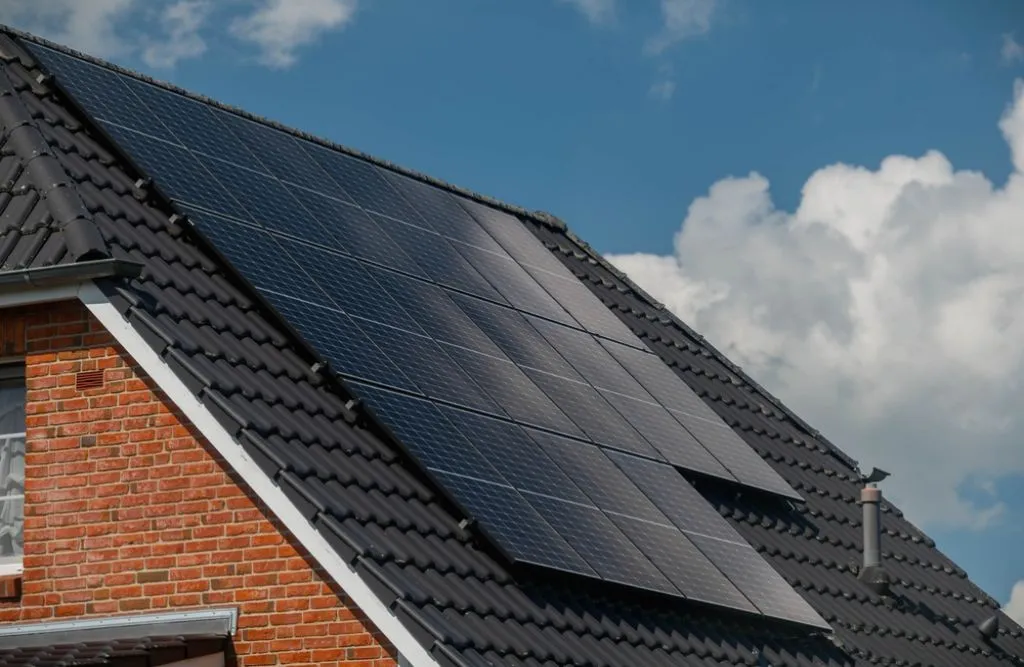
People install solar panels on low-sloped roofs, although they may sometimes have a different angle for efficiency. A low slope is generally one where the pitch is between 4:12 and 2:12. As a rule, such roofs require less roofing material per square foot. Thus, it makes them easier and safer for installation and repair processes. Furthermore, they can offer better drainage than flat roofs, and you will not have to pay extra for future maintenance.
Lastly, pitched roofs have some pros and cons when it comes to installing solar panels in Illinois. The slope angle brings about better run-off for debris, water, and snow, making it easier for solar panels to stay clean. However, the installation process, maintenance, and repair become more challenging due to the slope, which increases the final solar panel price.
Roof type and roof size will determine the price of the Illinois solar panels installation process.
The Amount of Electricity Your Home Uses
When managing household expenses, one of the cards you hold is controlling the amount of electricity you use each month. These days, every home has its fair share of electrical gadgets, from AC units to kitchen appliances and everything in between. However, every family uses electricity differently, and their bills differ accordingly.
To calculate the solar panel price they need to pay, homeowners can peek at their monthly electric bills over a year to gauge their power needs and consumption habits. By doing so, they can crunch the numbers and figure out their average monthly kilowatt-hours (kWh) usage.
This crucial puzzle helps determine the solar capacity needed to offset electricity consumption. Most folks turn to solar in Illinois to trim their bills, while some aim for zero electricity bills. Either way, a solar panel setup typically slashes utility costs by 35% to 75% on average.
You will choose the size of the solar setup based on the family size or the number of residents. Thus, the cost of solar power will differ in the long run.
Solar Panel Brands and Solar Companies in Illinois
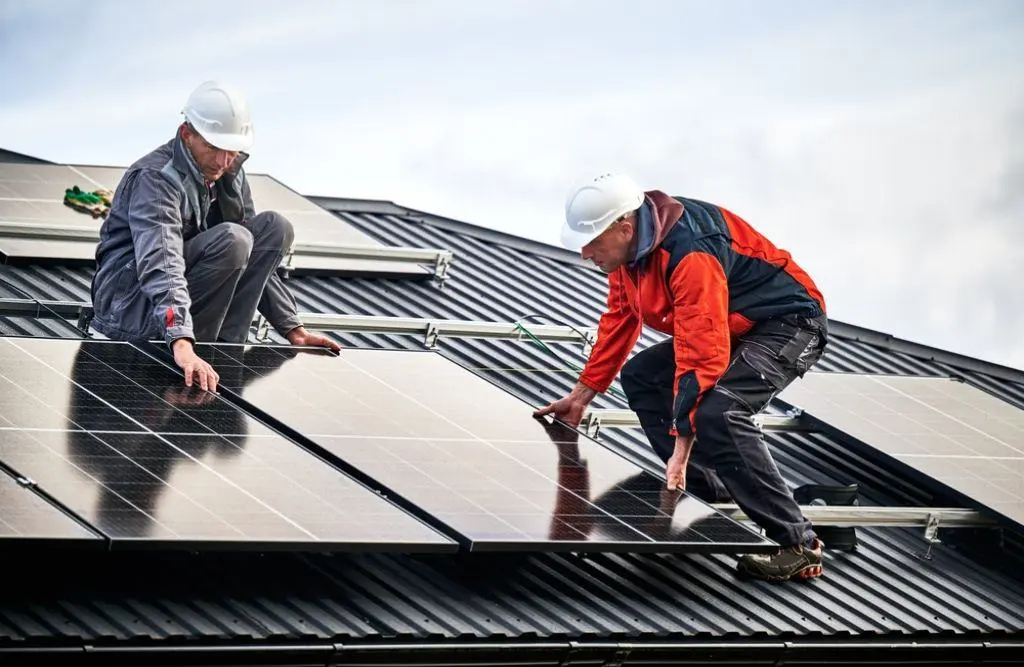
When choosing solar panels, the devil’s in the details. Are you leaning toward the monocrystalline, polycrystalline, or thin film? Blue or black? And let’s remember tier-one panels and different brands. How many watts per panel are we talking about? What about the solar panel price? Is it reasonable for the Prairie State? There are so many questions to consider here. It’s also savvy to crunch the costs per watt for the entire solar setup and consider efficiency, performance, and warranty.
It’s a popular myth that Illinois solar panel owners are wealthy people only. Indeed, solar clients come from all walks of life, each with energy aspirations and needs. It’s crucial to assess these factors upfront and tailor the solar system accordingly. Some people opt for the most efficient and expensive solar panels. Others buy reliable but average-efficiency panels to cover their electricity needs.
Let’s see some examples.
Best Solar Companies in Illinois
While Illinois might not boast the sunniest weather in the nation, its generous incentives render solar panels a valuable investment for virtually anyone in the Prairie State.
We’ve meticulously researched national and local solar companies, evaluating product offerings, customer feedback, pricing structures, and other critical aspects. As a result, we’ve identified the best solar companies in Illinois and guided you in selecting the ideal installer to suit your specific requirements.
Tron Solar has hit the ground running in Illinois, earning glowing reviews left and right. They’ve grown by leaps and bounds, evolving into a full-fledged provider of solar in Illinois. Partnering with big guns like Sunrun, they’ve successfully installed thousands of kilowatt solar panels. Furthermore, they don’t cut corners regarding equipment, opting for trusted names like Talesun, Enphase, and Solaredge alongside Sunrun.
Advantages:
- Locally based company that also offers a range of solar and house maintenance services
- Cost-effective and adaptable financing options requiring zero down payment and provided by both state and federal programs
Disadvantages:
- No PPA and Lease available, unfortunately
Since 1985, SunPower has been pioneering solar technology. With an A+ rating from the Better Business Bureau (BBB), SunPower boasts accreditation and a strong reputation. In our review of customer feedback, many homeowners lauded the exceptional performance of SunPower systems, highlighting immediate energy savings on solar costs.
Advantages:
- Tailored systems crafted with in-house components
- Comprehensive 25-year warranty, along with performance assurance
- In-house options for solar storage and electric vehicle (EV) enhancements
Disadvantages:
- Coverage differs based on the ZIP code within the state
- Some customer feedback suggests solar prices may be above average
- Limited selection of panels, components, or batteries
Founded in Chicago (IL) in 2012, RxSun has expanded to the Florida and Wisconsin solar markets. The company provides top-tier solar installations and some of the most knowledgeable, skilled, and experienced representatives and staff members to help you get the most out of solar in Illinois. With the assurance of a 30-year protection warranty, it’s no wonder why RxSun is the preferred choice for many locals.
Advantages:
- In-house work (no subs)
- A long-term warranty (30 years) in every quote
- Locally owned and operated company
- Contribution to the community by partnerships with charity organizations
Disadvantages:
- Limited information on that
Sunrun presents two leasing alternatives for homeowners who prefer not to own a solar system and save money on the solar panel price. Both plans come with extensive 25-year coverage and minimal upfront costs.
Advantages:
- Enhanced insurance coverage for theft or damages
- Options for EV chargers and additional batteries
- Various financing choices, including two leasing plans
Disadvantages:
- The 25-year warranty is restricted to lease and prepaid customers
- Some online reviews highlight delays in repair services
Sunrun holds an A+ accreditation with the Better Business Bureau (BBB) and maintains positive ratings.
When choosing the most suitable solar panels, people rely on Illinois solar incentives to reduce the cost of solar power. Therefore, your solar power Illinois expenses will significantly depend on the company and its availability to partner with local incentives and rebate programs. We’ll dive into this particular topic later.
For Illinois residents, we suggest SunPower due to its diverse array of solar offerings, strong customer support options, and robust system performance warranty.
The Complexity of Solar Project
Back in the day, many solar companies faced challenges when dealing with homes that were masterpieces of unique architecture. Houses with multiple roof planes requiring intricate solar array connections often posed hurdles, which led to disqualifications or project delays. However, these days, seasoned installers routinely assess split-up roofs, steep angles, and accessibility and ensure transparent communication with customers regarding any changes in the solar panel price.
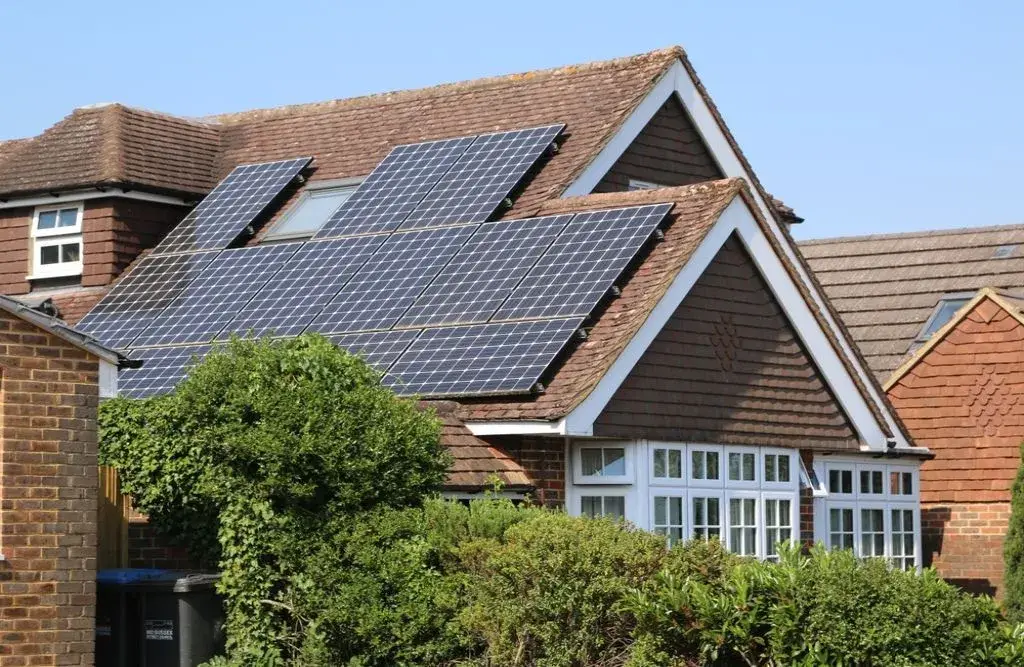
Naturally, the cost of solar power in Illinois correlates with the size and layout of the home. For instance, a 4-kiloWatt setup covering the roof of a cozy 2-bedroom ranch in an urban area would come at a fraction of the price compared to outfitting a sprawling 5-bedroom home in the suburbs with a 16-kiloWatt system.
To determine the optimal system size, a thorough solar consultation includes reviewing the homeowner’s average utility cost in Illinois. Through net metering, surplus solar energy sent to the grid is credited and seamlessly applied when the homeowner draws power from the grid, such as during nighttime hours.
Therefore, all the necessary equipment to go solar in Illinois adds to the overall solar panel price.
Storage Expenses
Another factor in our rundown is a storage option. Does your solar project include storing electricity in addition to using it? Adding batteries to a solar installation isn’t always a must, and skipping them can trim the cost of solar panels in Illinois. However, having a battery can yield savings.
Suppose the electric company offers or mandates time-based pricing. In that case, there’s a compelling reason to synchronize solar and battery usage to leverage cheaper grid power during off-peak hours while storing energy for on-peak times. This strategy benefits both the utility and the solar system by easing grid congestion and accelerating the payback period for the solar system.
However, its feasibility hinges on the individual user and the Illinois solar program, which can fluctuate. It’s simpler to consider whether having dependable backup power translates into financial gains and then assess whether investing around $10,000 per battery is justified in your solar system budget.
Now that we know how individual housing factors impact the solar panel price, let’s discuss available Illinois solar panel incentives and Illinois solar tax credit opportunities.
Illinois Solar Incentives 2024 And Other Programs
There’s a plethora of incentives that make going solar in Illinois more affordable. While it may boast fewer incentives than some other states, it still provides enough programs and subsidies to help residents switch to renewable energy without going broke.
| Federal Solar Investment Tax Credit | Under this program, homeowners who foot the bill for solar panel installation can claim a 30% tax credit to make their solar panel prices lower. To qualify, you must own the installed system and have paid a certain income tax. While it’s advisable to double-check whether you can qualify for this program, most individuals meet the eligibility criteria. |
| Illinois Solar Renewable Energy Credit (SRECs) program | Through this Illinois solar program, you can score solar renewable energy certificates, or SRECs, for the electricity your system generates over 15 years. |
| Net metering | You can “make hay while the sun shines” by profiting from the surplus energy you produce during the day. By feeding it back into the grid, you earn utility credits. While some states now offer new installation credits worth only 75% of the energy fed into the grid, Illinois maintains a generous 1:1 ratio. The sooner you embrace solar power, the shorter your payback period will be and the lower the solar panel price. |
| Illinois Solar for All (ISFA) | This program aimed at giving a leg up to those who qualify financially. It assists eligible tenants, homeowners, public buildings, and organizations by covering the solar panel price. Participants team up with approved vendors and pay a discounted rate for the energy generated over time. |
| Commonwealth Edison (ComEd) | Illinois’ biggest electric company sweetens the deal with its ComEd Solar Rebate. This rebate, exclusive to ComEd customers, costs $250 for each kilowatt of solar capacity, with a cap of 2,000 kW. This means a tidy sum of $1,875 in rebates per installation. |
| Solar Property Tax Exemption | This exemption shields homeowners from property tax hikes triggered by the added value (around 4.1%) that solar panels bring to their homes. |
Apart from these local programs to reduce your total solar panels price, you can also seek other ways of financing your project. For instance, check out available solar loans and solar leases.
Are Solar Panels Worth It In Illinois?
Are you thinking about going solar in Illinois? Imagine your roof becomes a sun-soaked powerhouse, converting rays into savings. But is it the right move for you?
Let’s see the specifics. Your roof plays a crucial role. Is it basking in sunlight most of the day, free from pesky shadows? If the answer is yes, then it is your ticket to solar success.
Now, take stock of your energy usage. Are your bills going up? Solar panels could be the ray of sunshine you need to reduce electricity expenses. Undoubtedly, going solar in Illinois is a big move in terms of finances. However, with local solar programs and incentives, you can make the solar panel price affordable. So, take your time to do the math — think less splurge, more savvy investment for the future.
The Full Picture of Solar Panel Costs in Illinois
When considering solar power, it’s crucial to consider all the moving parts that impact the cost of solar panels in Illinois. We’ve discussed the upfront expenses for equipment, labor, permits, and connecting to the grid, along with the potential for state-level perks and federal tax breaks that could significantly slash your costs. Remember, local price differences and sunlight availability also heavily influence the overall affordability of your system.
For a personalized grasp of how solar panel installation might affect your finances and environmental impact, seek a customized quote. A chat with a solar specialist will offer you a detailed breakdown of expenses, savings, and other aspects that influence a final solar panel price.

